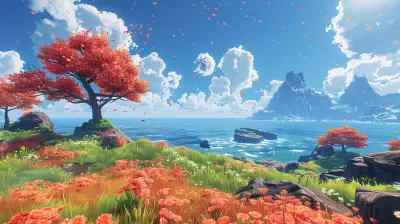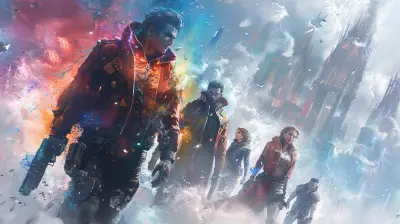Do Season Passes Encourage Developers to Delay Content?
20 June 2025
Season passes – one of gaming's most polarizing sales tactics. We’ve all seen them. A shiny pre-order bonus or an "Ultimate Edition" add-on that promises months of post-launch content for a flat fee. On paper, it sounds like a sweet deal, right? All the extra stuff you were probably going to buy anyway, bundled together, and at a discount.
But what if I told you that these lucrative passes might be encouraging developers to stall content releases deliberately? Yeah, that’s the controversy we’re diving into today.
Let’s break it all down.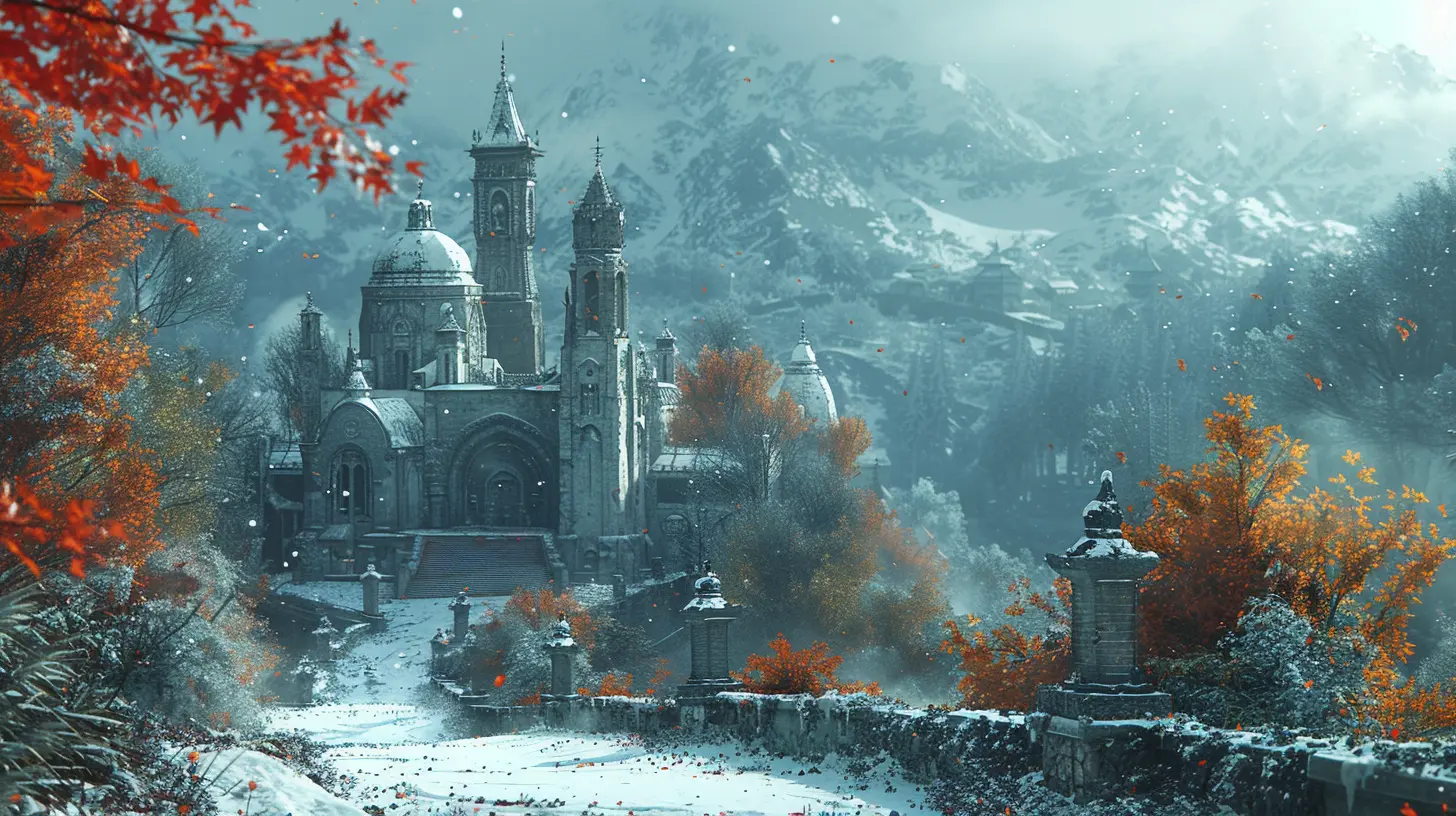
What Is a Season Pass Anyway?
Before we start talking smack about season passes, let’s define what they actually are.A season pass is a type of content bundle where you pay upfront for future downloadable content (DLC). Think of it like a subscription for extra missions, skins, characters, or even entire story campaigns. The catch? You’re buying sight unseen. Most of the time, you don’t know exactly what you’re getting—or when.
It’s essentially a promise from the developers: “Give us your money now, and we’ll hook you up later... we swear."
Now that sounds either incredibly convenient or just a little shady, doesn’t it?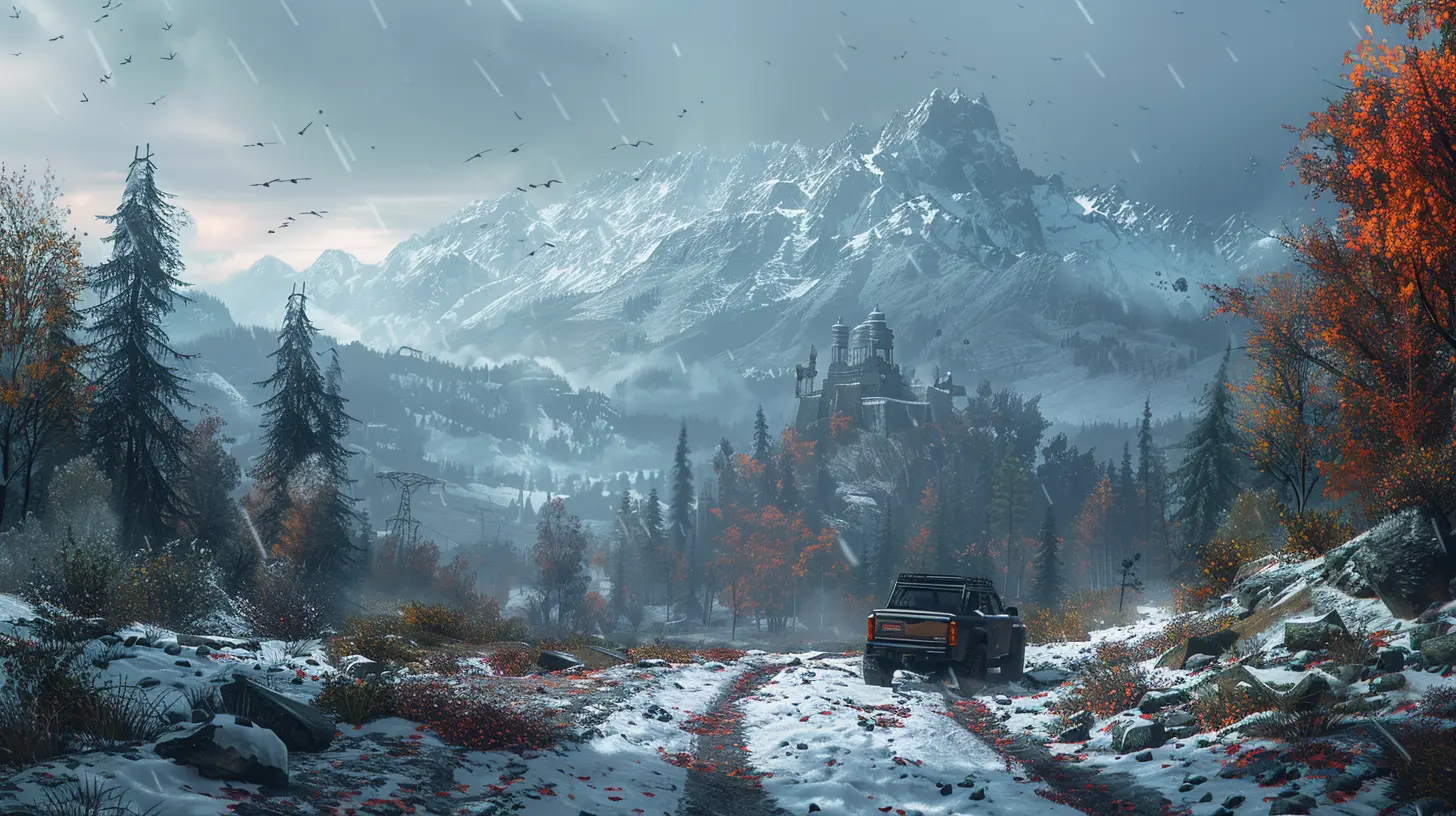
Why Season Passes Became Popular
Let’s not forget—game development is expensive. And risky. Developers and publishers need ways to keep cash flow steady without cranking out a whole new game every year.Season passes stepped in as a middle-ground solution. They:
- Give devs a consistent revenue stream
- Help with post-launch planning
- Keep players engaged with new content over time
- Act as marketing tools to build hype
Sounds like a win-win, right?
But that’s where it starts to get murky.
The Dark Side of Season Passes
Okay, let’s get real—season passes can get shady fast. Here’s the problem: once developers have your money, where’s the incentive to release new content quickly? Or even make it good?Let’s break down some of the common gripes folks have with season passes:
1. Delayed Content Releases
Ever noticed how content supposedly coming "soon" takes months to drop? Yep, that’s not just bad luck. Some devs (not naming names… yet) take advantage of the guaranteed income. There’s no rush when you’ve already cashed in.With no pressure to impress and no risk of losing day-one buyers, content can get delayed, reworked, or even totally scrapped.
It’s like ordering a pizza, paying upfront, and then being told it’ll take 3 weeks to deliver. Oh, and they might swap the pepperoni for anchovies halfway through. Cool...
2. Cut Content Disguised As DLC
This one stings. There’s a growing belief that some devs chop content out of the base game just to sell it back as part of the season pass. While we can’t prove it in every case, if you’ve ever played a “complete” game that felt suspiciously empty at launch, you know what I’m talking about.Sure, day-one DLC might be developed after a game goes gold. But sometimes, it just feels like a money grab. And when players start seeing "missing" story arcs or unfinished character arcs held hostage behind a paywall, it’s hard not to raise an eyebrow.
3. Unclear Roadmaps
You ever buy a season pass thinking you’ll get amazing expansions, only to find out later it’s just a few skins and emotes? Yeah, been there.The biggest issue here is transparency. If you’re gonna sell a roadmap, you better have a map. Vague promises like “exciting new adventures” or “epic content drops” don’t cut it. The ambiguity often covers up the fact that the actual content is still in early concept stages—or worse, hasn’t even been started.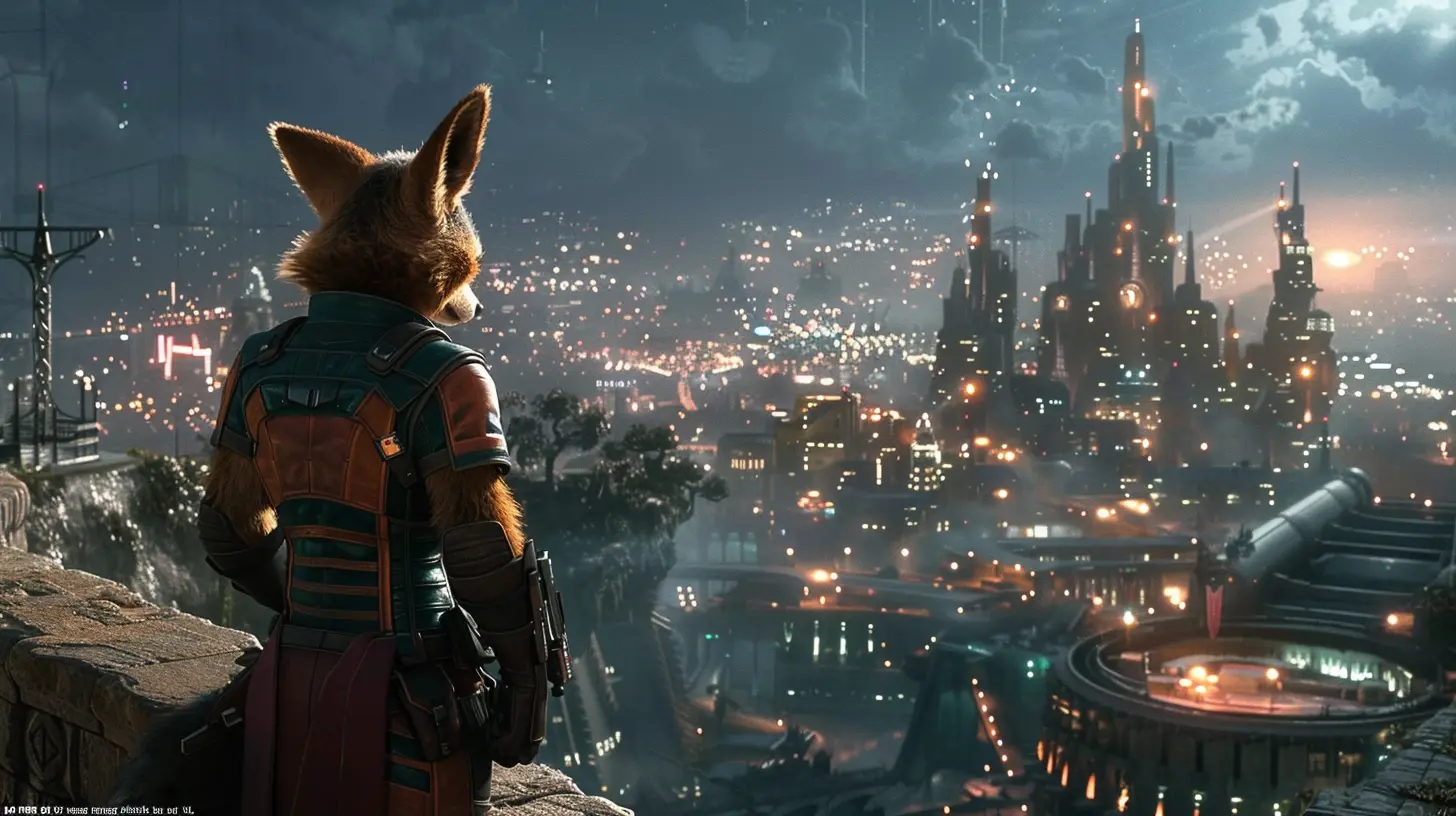
Are Developers Doing It On Purpose?
Alright, here’s the million-dollar question: do season passes actually encourage devs to delay content?Let’s be honest—some certainly take advantage of the model. But is it always intentional? Not necessarily.
Here are a few reasons why delays might happen (that aren't completely shady):
1. Resource Allocation
When you’re creating both a base game and future content at the same time, something’s gonna give. Devs might shift focus to hit the initial release date, putting Season Pass content on the backburner.It’s not evil—it’s just business. But from a player’s perspective, it still feels like getting the short end of the stick.
2. Technical Challenges
Games are complicated. Bugs, server issues, engine updates—these things can derail even the best-laid content plans. Developers might genuinely need more time to polish DLC before release. And hey, we’d all rather wait for something done right than rush a broken mess (Cyberpunk 2077, anyone?).3. Player Feedback Loops
Some devs wait to see how players react to a game before finalizing their DLC. That’s not necessarily a bad thing. It means they’re tailoring content based on actual player interest. But it also means longer waits, especially when those plans weren't locked in to begin with.The Good, The Bad, and The Lazy
Let’s not get too cynical. Not all season passes are poorly handled. In fact, some are fantastic. Let’s name drop a few examples:✅ The Good: The Witcher 3
CD Projekt Red offered an awesome expansion pass that added huge chunks of gameplay. "Hearts of Stone" and "Blood and Wine" weren’t just DLC—they were practically full games. Players got what they paid for—and then some.❌ The Bad: Marvel’s Avengers
This one’s a cautionary tale. Delayed updates, underwhelming characters, and an overall lack of content made the season pass feel like an IOU that never got paid. The game’s lifecycle flopped, and fans were left disappointed.🤷 The Lazy: Destiny 2 (Sometimes)
Don’t get me wrong—Destiny 2 has hardcore fans and Bungie can deliver great content. But they’ve also been criticized for drip-feeding shallow updates and locking new content behind constant pass renewals. It’s like they’re playing the long game... but on snooze mode.What Can Gamers Do About It?
We’re not completely powerless here. If you’re tired of getting burned by season passes, you’ve got a few options:- Wait for reviews – Don’t buy content before it exists. Let other players test the waters.
- Support transparent devs – Reward studios that provide clear roadmaps and quality content.
- Speak up – Use forums, social media, and honest reviews to voice your concerns. Devs actually do listen when there’s enough noise.
- Buy complete editions – If you're patient, you can always grab the full game + all DLC later, usually at a discount.
Your wallet is your loudest weapon.
Will Season Passes Ever Go Away?
Unlikely. As long as they make money (and they do), publishers will keep using them. But with rising pushback and growing competition, we might start to see improvements:- More transparency about what’s included
- Better communication about delays
- Stronger post-launch support overall
Still, the future will depend on us—the players. If we keep accepting half-baked passes with blind optimism, we’ll keep getting the same results.
Final Thoughts
So, do season passes encourage developers to delay content? Honestly? Sometimes. Not always with malicious intent, but the system inherently allows for it. When devs are handed your cash upfront, the urgency to deliver fades. Without pressure, timelines slip. Content gets stalled. Players get frustrated.The key lies in accountability—on both sides. Developers need to respect their communities and deliver quality on time. And we, as gamers, need to stop throwing money at vague promises.
At the end of the day, we all want the same thing: solid games and even better content to keep the fun going. Season passes can still work, but only if they’re handled with care—and a bit of honesty.
Because let’s face it: no one wants to pay for a banquet and get served snacks three courses late.
all images in this post were generated using AI tools
Category:
Season PassesAuthor:

Francesca West
Discussion
rate this article
2 comments
Ulrich Mendoza
Yes, it incentivizes content delays.
September 23, 2025 at 3:00 AM

Francesca West
Thank you for your feedback! It's a complex issue, and I appreciate your perspective.
Elora Lane
Great article! It’s fascinating to explore how season passes shape game development. While some may worry about delays, they also create excitement and anticipation for new content. It's all about balance! Can’t wait to see how developers continue to innovate and keep us engaged! 🎮✨
June 22, 2025 at 3:17 PM

Francesca West
Thank you for your thoughtful insights! I completely agree—season passes do create a unique balance between anticipation and content delivery. Excited to see how developers innovate! 🎮✨

